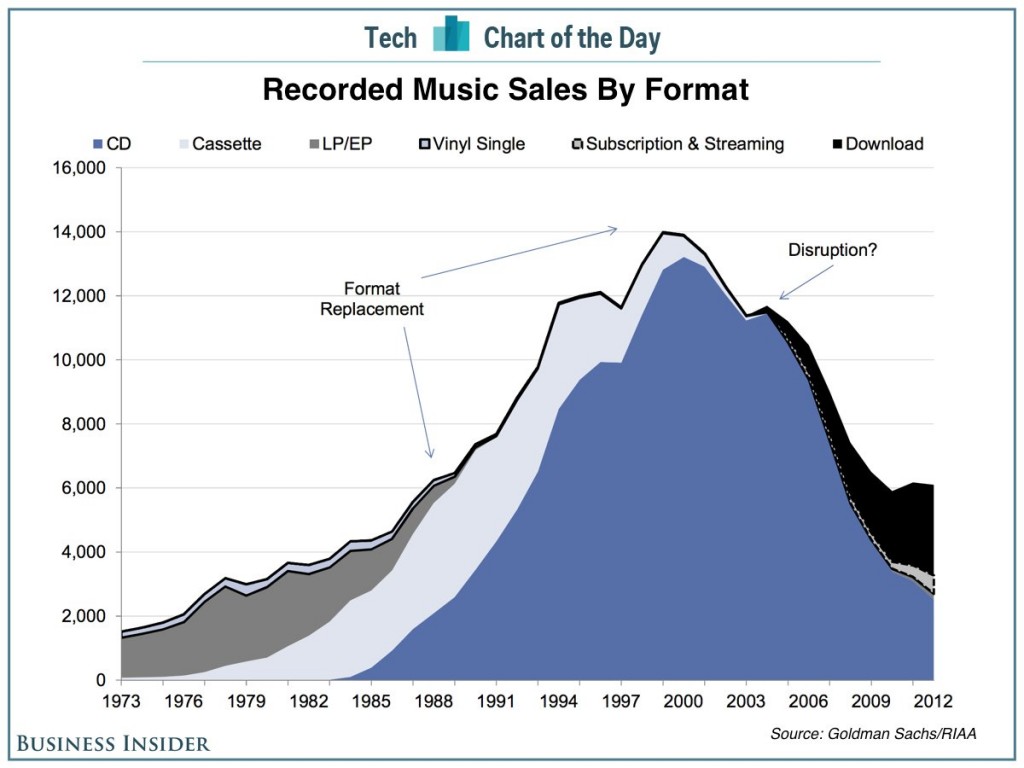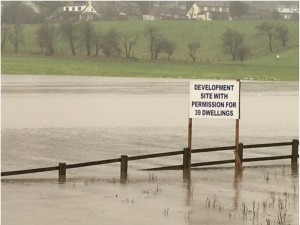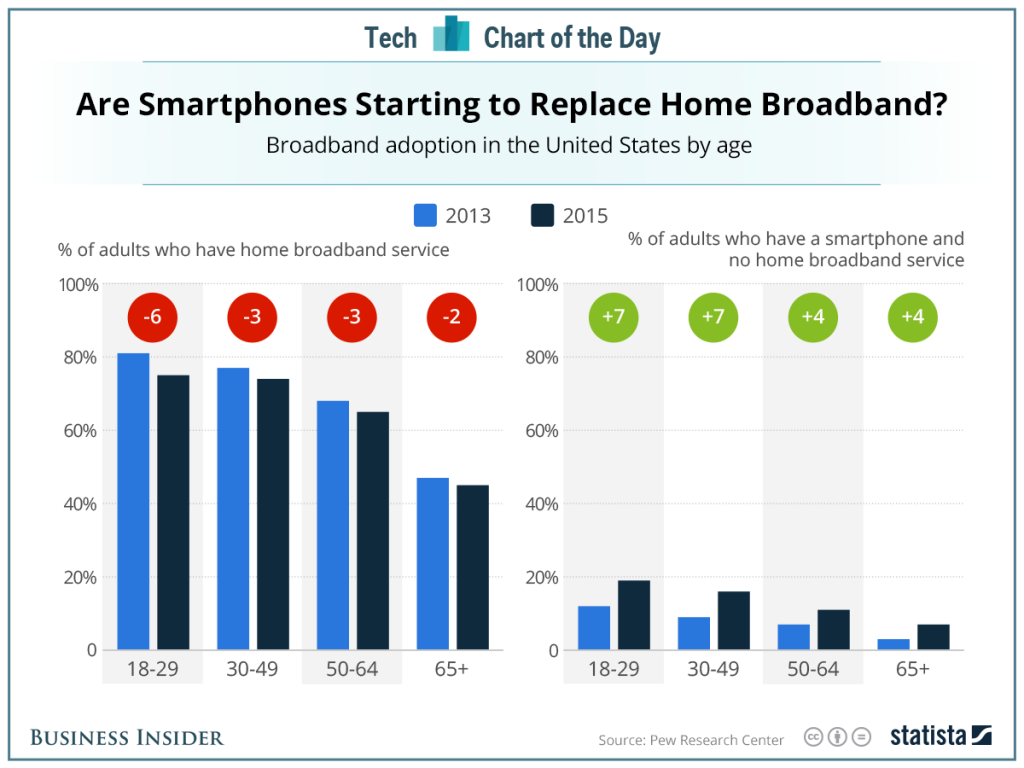This from Uber:
Marvin and Ara just made our day. Their £5 London uberX ride together on Christmas Eve from London Fields, Hackney to Hoxton in Ara’s blue Honda Insight Hybrid was the billionth Uber trip.
One billion. That’s a whole lot of riders and drivers sharing the road, special moments, and celebrations together. Certainly far more than we ever imagined when we got started in San Francisco five and a half years ago.
This holiday season, we’re feeling grateful and festive crossing this milestone as we close out the year. For riding their way into our history books, we’re putting one year’s worth of free rides in rider Marvin’s stocking and our driver-partner Ara will be taking a vacation on us to the Uber city of his choice.
To celebrate the community where this special trip took place, we are also making a donation to Hackney Pirates—a charity serving the neighborhood where the billionth trip started. Hackney Pirates develops the literacy, confidence, and perseverance of young people aged 9-12 across the borough of Hackney, so that they are set up for success both in school and beyond.
Marvin and Ara’s Christmas Eve Uber ride, marking the billionth trip, is a reminder of how travel has the power to create unforgettable moments and connect communities.
Whether it’s crossing a milestone like that or simply sharing a ride with a stranger, each journey leaves behind a unique story. In the same spirit, when planning a trip to a beautiful destination like Hawaii, you can create your own memorable moments by exploring the islands in a way that suits your pace and style.
For those looking to venture out and experience Hawaii from a new perspective, scooter and moped rentals are an ideal choice. Offering great rates for short-term and long-term rentals, these vehicles give travelers the freedom to navigate the islands with ease. Whether you’re cruising along the coastline, exploring hidden gems, or simply enjoying the tropical breeze, renting a scooter or moped offers the perfect combination of convenience and adventure. It’s a fantastic way to connect with the destination while embracing the laid-back vibe of Hawaii, making each moment count.
The concierge economy is up and running.




